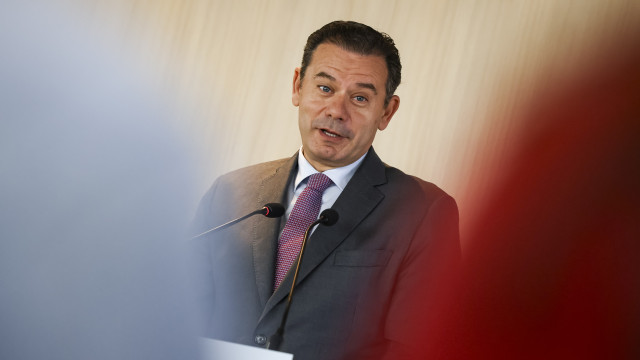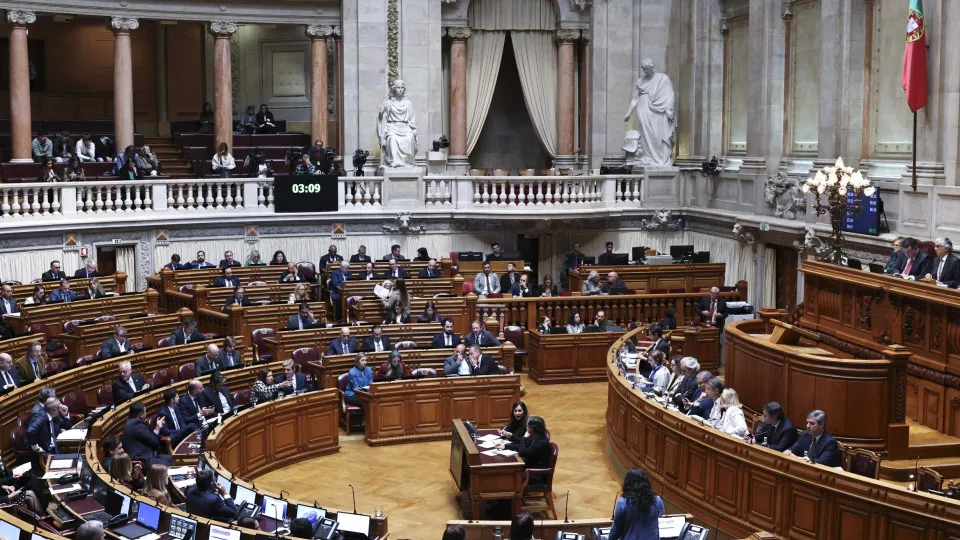“The right to strike is legitimate, and we know how to coexist with it, despite its strangeness. Evidently, we will not be distracted from our responsibility to make the necessary decisions with the utmost possible consensus to fulfill our obligation to make the country more competitive and robust for facing the coming years,” stated Luís Montenegro.
In his speech at the SME Excellence award ceremony, held at the Multiusos Pavilion in Guimarães, Braga district, in front of hundreds of business leaders, the prime minister pointed to taxation, fighting bureaucracy, and a “more flexible labor legislation that encourages investment” as the three key factors for improving the country’s growth.
“We want to jump from 2% to 3%, 3.5%, or even 4% growth of our product. We want our companies to be more agile and capable of harnessing their human capital by encouraging it to be more productive. We want our economy to be more competitive and attractive to investment, ensuring no projects are shelved due to hesitation about certain overly rigid labor laws,” the prime minister explained.
Speaking to journalists, Luís Montenegro highlighted that negotiations are ongoing, emphasizing that the “foundation of the agreement will always involve concessions from each side.”
Asked whether he would sit at the negotiation table alongside the labor minister, the prime minister responded, “of course.”

The prime minister, Luís Montenegro, argued that the government’s proposed labor law reform, which prompted the call for a general strike, is not intended to “harm workers’ rights” but rather to “stimulate economic growth.”
Notícias ao Minuto | 17:54 – 20/11/2025
Luís Montenegro also reminded in his speech that “there are many people in Portugal” who question the timing of these labor changes, as the country “is on the right track, growing, with nearly full employment and rising wages.”
“We believe precisely that now, as we are growing, as we have full employment and a controlled financial situation, it is time to have the courage to transform, not revolutionize, the labor market to give companies—and in doing so, give workers—the opportunity to achieve better wages. That is why we are modifying labor laws,” the prime minister stressed in his speech.
Luís Montenegro expressed surprise at the scheduling of the general strike on December 11, as, in his view, the country currently has the conditions necessary to implement labor changes.
“It is somewhat strange, in a country where salaries are rising more than in other countries, where income taxes are decreasing unlike in other countries, where the government reaches an agreement in the public administration sector alone, with 19 careers unlike other countries, where there is nearly full employment, it is very strange to have a general strike. I must admit, I find it difficult to understand,” the prime minister admitted.
Montenegro emphasized that, regarding labor legislation, it is necessary to “correct some mistakes that were made” in the past.
“And we are naturally aware that we must do so with as much dialogue and consultation as possible. And we will do so, in this moment, within the context of social consultation, and subsequently, in the National Assembly,” the prime minister noted.




